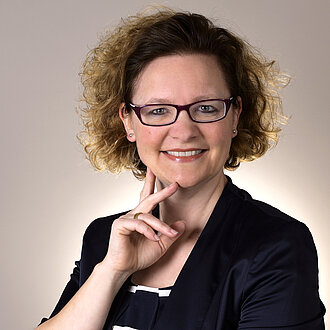Prof. Silke Schreiber-Barsch

What excites you about adult learning and education?
"To contribute towards opening up and making possible lifelong and lifewide choices, pathways and bridges back and forth, across and beyond each adult's lifelong learning biography! To be able to benefit from such lifelong learning infrastructures is, for sure, not something to be taken for granted. Therefore, as adult educators, we are asked to take this responsibility for ensuring the necessary societal and political framework, the professional background for becoming an adult educator and for an on-going development of the professional expertise, for giving guidance to institutions and organizations within the landscape of infrastructures as well as for empowering and guiding adult learners through their learning biography. "
Why did you choose to do research in the field of adult learning and education?
"Learning is always deeply embedded in both, knowledge and experience from practice AND research. Taking this into account, I have always been intrigued by taking the existing body of knowledge not as granted, but by testing its limits and premises, by comparing diverse perspectives, by arguing in line with the German concept of Bildung in its wide, reflective and democracy-founded sense, and by finding not yet existing or different answers to questions of lifelong learning."
Silke Schreiber-Barsch, PhD., is Professor in Adult Education at the University of Duisburg-Essen, Germany. Moreover, she has been appointed as Research Associate at the Centre for Higher and Adult Education, Stellenbosch University, South Africa.
- international and comparative adult education,
- lifelong learning
- issues of participation and social inclusion / exclusion
- global citizenship education and sustainability
- adult education and disability
CG12: Adult learning and education for all?! Issues of inclusion with regard to disability in the limelight
Co-Moderator: Marina Rößner


